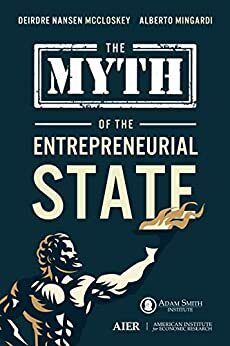Empowering the health workforce Strategies to make the most of the digital revolution
From the latest OECD report:
In order to enable a successful digital transformation of health systems and overcome barriers governments need to provide the necessary political leadership and implement a range of policy actions to support three main objectives:
- build trust in the benefits of digital transformation among health workers and patients whileminimising any risks, which requires guaranteeing proper assessment of technology;
- advance the expertise and skills needed for the safe and effective use of digital health technologies;
- adapt the institutional environment – i.e. the legal, financial, and organisational frameworks –to enable the full potential of the technologies
These messages sound familiar and general, details inside the report. However, there is a long way to go in order to achieve a real digital transformation.










